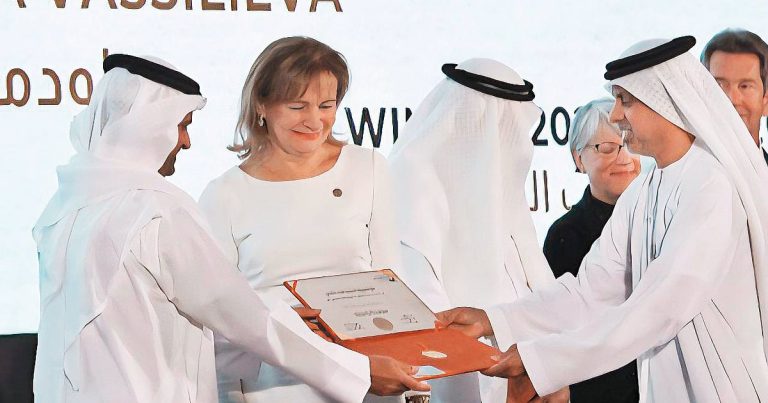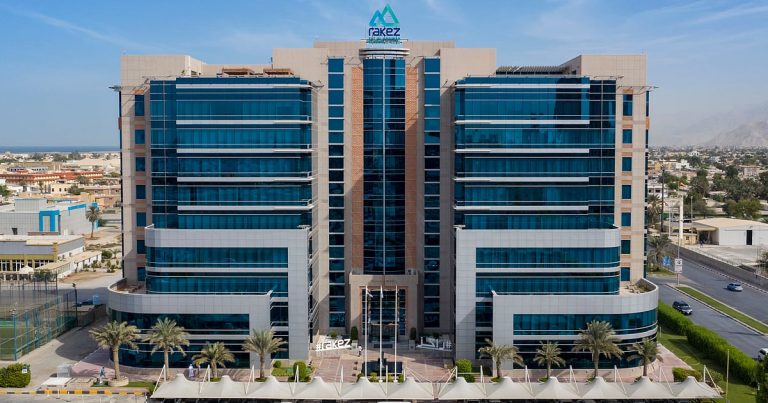Georgia’s Energy Sector: High Returns and Green Potential
Investment opportunities abound in Georgia’s energy sector
I see Georgia as a highly lucrative investment location, and we are always looking for investors.
A major reason for the country’s success is that foreign markets aren’t paying close attention. There’s a prevailing perception that Georgia is a small country, which is a misconception. In fact, our banks are delivering some of the highest returns on equity in the world. We’re talking about returns as high as 35%—figures you won’t easily find elsewhere.
In Georgia, 80% of electricity is generated from renewable sources, placing us third globally, behind only Norway and Brazil. This figure is just the beginning—we have barely begun to tap into the full potential of our green energy capacity.
There is a huge opportunity here for partners from the UAE, for example, who come from an energy background and understand what is happening in this space to come and help us develop. With support, we could unlock our potential on a much grander scale.
Our mission is to support Georgia’s economy by funding commercially viable projects in knowledge-based industries. DFG focuses on non-traditional sectors over traditional ones; we are a development-oriented financial institution aiming to diversify the economy.
Our organisation does not compete with Georgia’s commercial banks. Instead, we identify gaps where banks are reluctant to invest and step in to support those projects. In essence, we try to make non-bankable businesses bankable.
DFG often acts as a bridge connecting foreign investors to Georgia. While foreign companies can visit and meet with ministries, identifying the right local partner for actual business execution is critical, and that is where we come in.
If investors have specific project ideas, our presence brings the weight of a state-backed, commercially-minded partner. This often provides added comfort to foreign investors.
We balance the interests of companies, suppliers and customers. We prepare and adopt secondary legislation in the energy sector. In the past five years, we have adopted over 50 such acts, including tariff calculation methodologies and technical documents like grid network codes.
In the Doing Business ranking methodology, one criterion was ‘Getting Electricity,’ where we ranked in the top 10 in recent years. As a regulator, we manage this process, ensuring ease of electricity access for new customers, including during construction projects. Improving this system has been one of our priorities.
Opportunities in the energy sector are extensive, as Georgia’s electricity and gas tariffs are competitive in the region. Our tariffs are lower than in Turkey, Armenia and all EU countries, providing a competitive advantage for energy-intensive industries.
Get the latest news and updates straight to your inbox
Related Stories
Irakli Nadareishvili shares Georgia’s economic strategy
Dubai Land unveils AI tools with Google, Microsoft
Georgia’s Ambitions: Economic growth & connectivity
No more KYC for NRIs? India to simplify remote access
Georgia’s strategic location at the crossroads of Europe and Asia enhances its appeal as an energy hub. The country benefits from a diverse energy mix, including hydropower, wind, and solar, which not only supports domestic consumption but also positions Georgia as a potential exporter of renewable energy to neighboring markets. The government has been proactive in creating a regulatory framework that encourages investment, including incentives for renewable energy projects and streamlined processes for obtaining necessary permits.
In addition to its renewable energy capabilities, Georgia’s energy sector is supported by a growing infrastructure network. Recent investments in transmission lines and grid modernization are aimed at improving energy distribution and reliability. This infrastructure development is crucial for attracting foreign investment, as it ensures that energy can be efficiently transported to both local and international markets. Furthermore, the country’s commitment to sustainability aligns with global trends towards greener energy solutions, making it an attractive destination for investors focused on environmental, social, and governance (ESG) criteria.
The Georgian government has also expressed its intention to enhance regional cooperation in energy. By participating in initiatives such as the European Union’s Energy Community, Georgia aims to integrate its energy market with Europe, promoting cross-border electricity trade and further diversifying its energy sources. This approach not only strengthens Georgia’s energy security but also opens up additional avenues for investment and collaboration with international partners, particularly those from the Gulf region, who are increasingly looking to diversify their energy portfolios.
Also Read:
Georgia Boosts Economy with SME Growth and UAE Investments
Georgia Enhances Economic Partnerships with UAE
Bolt Partners with Network International to Enhance Payments







